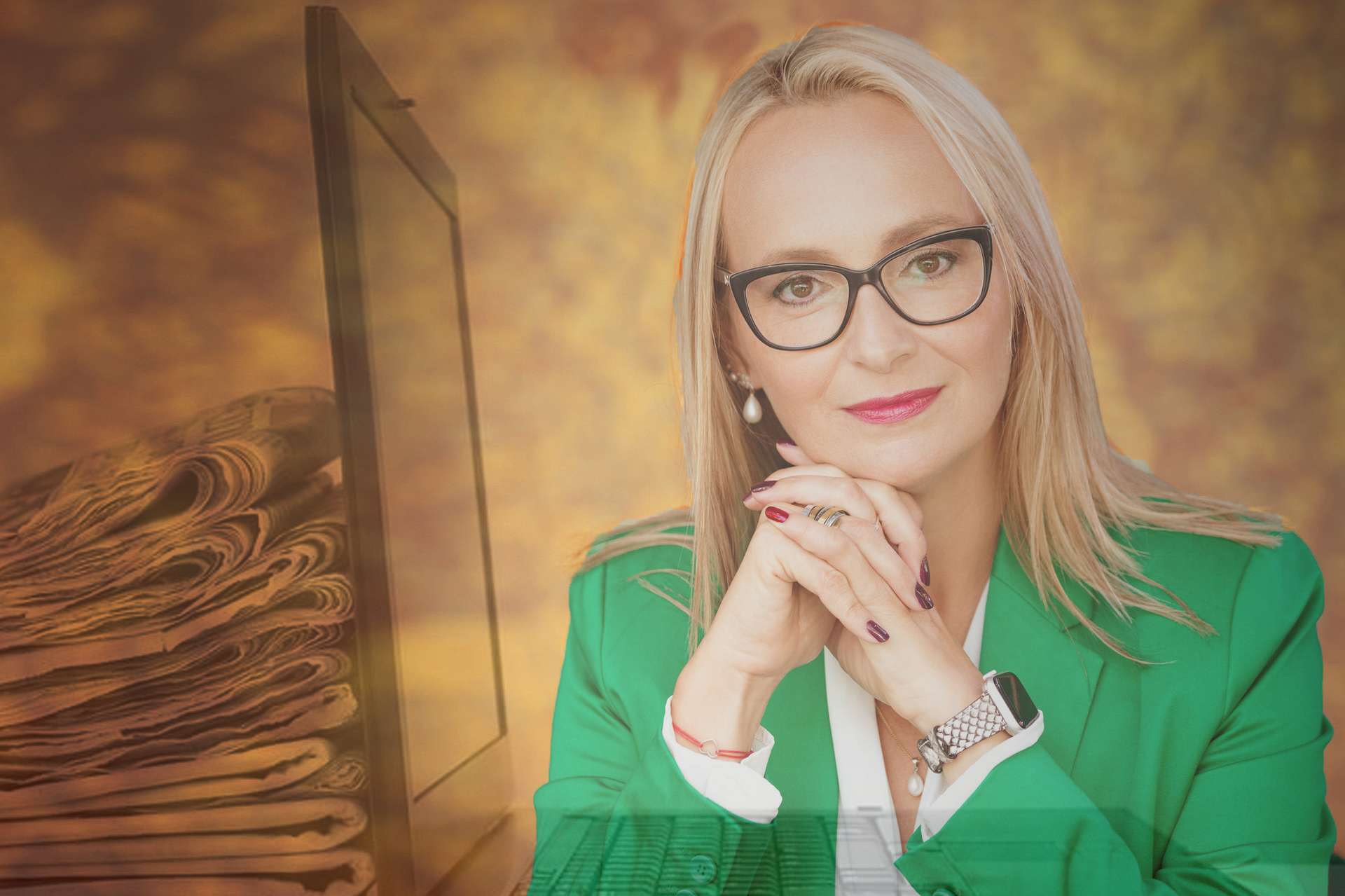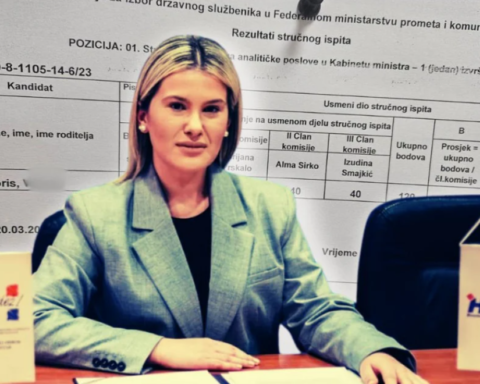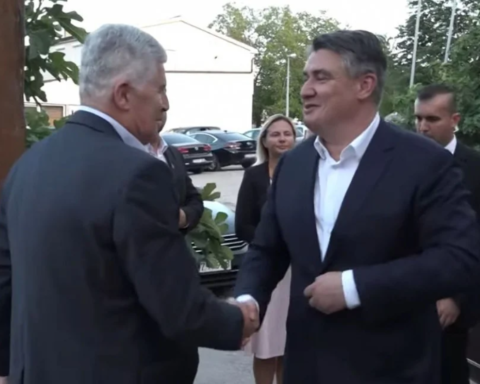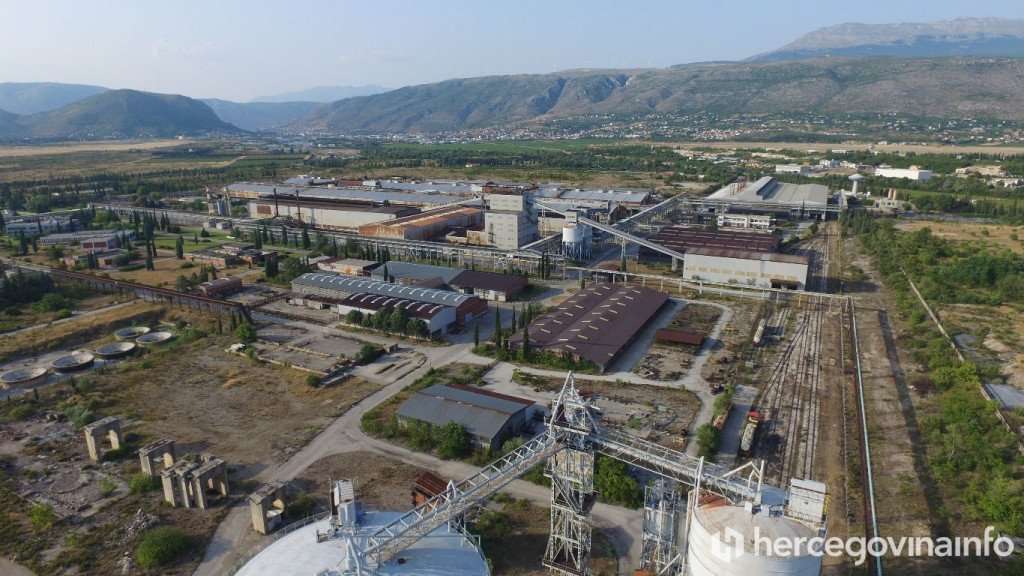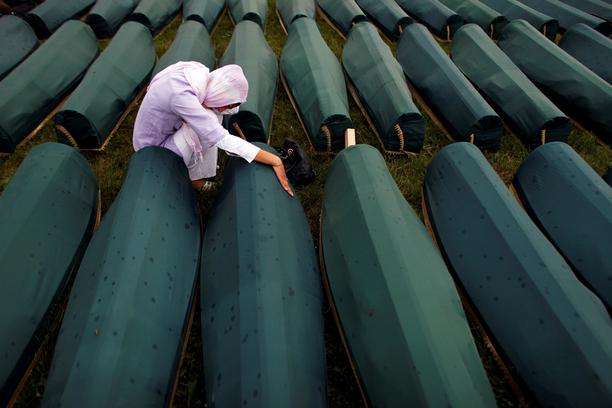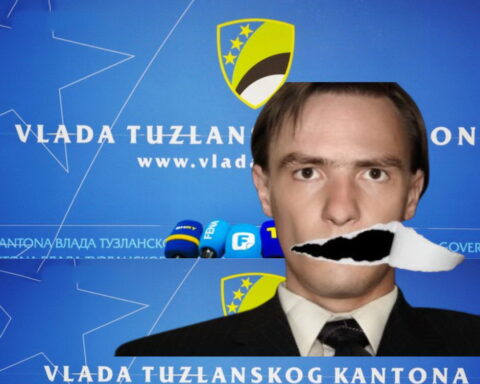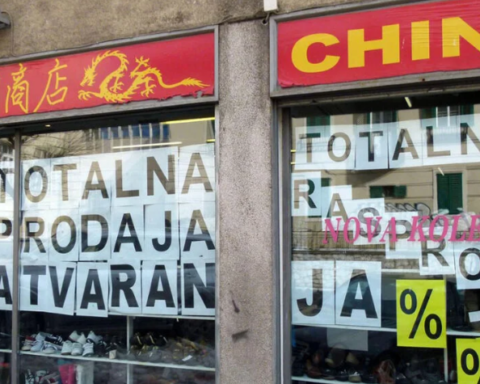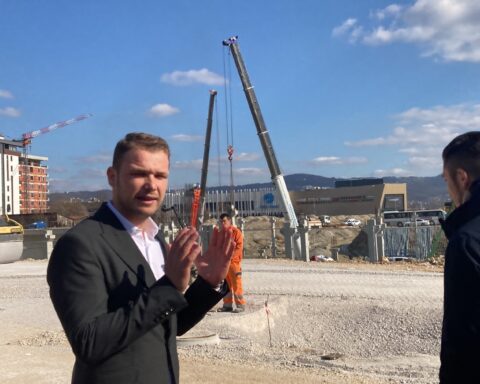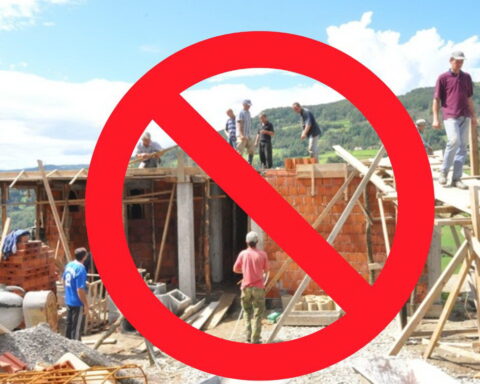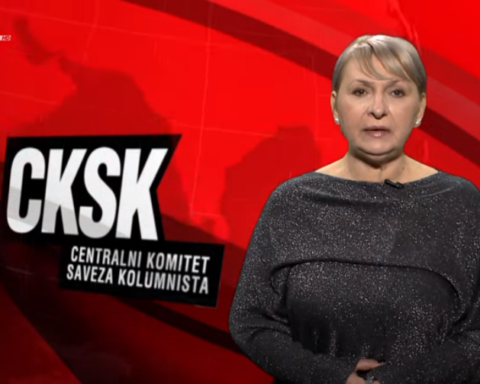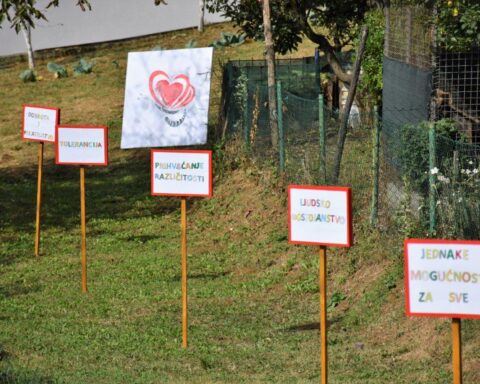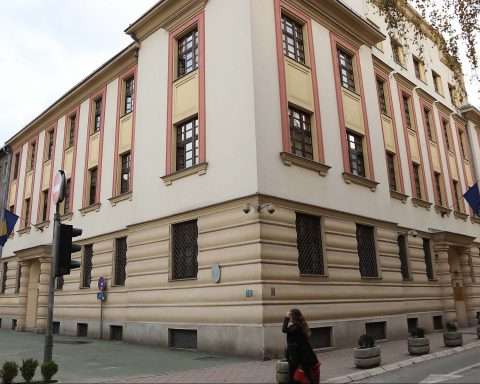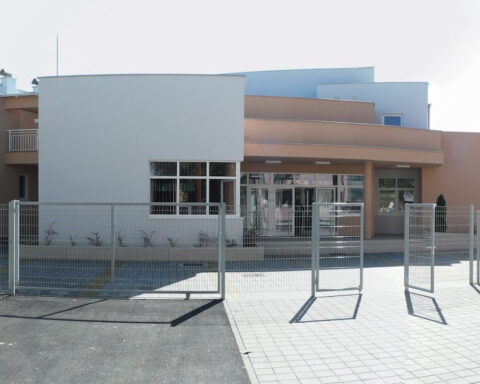Negotiations on all important issues for BiH citizens should be led by parliamentarians, elected by voters to represent their interests. Therefore, the only place to conduct these negotiations should be the parliament. However, I do not remember that in Bosnia and Herzegovina, negotiations on any important issue were led by parliamentarians, in their respective parliaments. Instead, such negotiations are conducted by party leaders either at party headquarters, or in restaurants, summer houses, or, more recently, in the residences and embassies of the international community representatives.
The same scenario applies in the negotiations on amendments to the BiH Election Law. It is the international community that insists most on these changes, primarily on the implementation of court rulings and changes to provisions that deny human rights to certain groups of people. The ruling structures are not too interested in changes to the BiH Election Law, but they cannot refuse the invitations of the international community, so they are reluctant to come to meetings and give promises that they know they will not fulfill. Interestingly, the international community has also adopted this „Bosnian mentality“ and instead of insisting that the negotiations return to democratic institutions, they agree to negotiate with self-proclaimed selectors of national teams. In this case, they are the “leaders” of Croats and Bosniaks, Čović and Izetbegović. An even bigger problem is the fact that these are two election losers, Čović, who lost in the race to become a member of the Presidency of BiH, and Izetbegović, who did not dare to be a candidate in the elections at all because he would be on the same list with Denis Zvizdić. So there was a real fear for Izetbegović that Zvizdić will get more votes than him.
When negotiations on one side do not go well, then that side calls on opposition parties from “their” bloc to get actively involved in the negotiations because they allegedly do not want to decide on it all by themselves. It is true that they, in this particular case, the SDA, have already agreed on everything with HDZ BiH. But they do not want to take responsibility for that, so they need a scapegoat to whom they will transfer all the responsibility. It was not so long ago that they did just that in Mostar, a city that the SDA and HDZ have been sovereignly ruling and destroying for decades. After the SDA and HDZ BiH agreed to continue to rule Mostar together, they shifted responsibility for their agreement to the opposition, specifically to NS representatives who remained consistent with what they had promised to their voters. And while all the anger of the Bosniak and alleged Bosnian public fell on the two of them, the SDA and HDZ rubbed their hands in satisfaction and continued to run Mostar together without interfering in each other’s affairs. Judging by the naivety of the electorate, which has been falling for their spins for decades, they will thus rule and live happily ever after.
Representatives of the opposition seem to have learned a lesson from previous mistakes of getting involved in all-Croatian, all-Bosniak, and all-Serb gatherings because they would always get the short end of the stick, while the national parties would come out of it even stronger.
Milorad Dodik, the “leader” of the Serbs, does not want to interfere in this problem of the Federation of BiH. It has become the practice of these three not to interfere in each others problems and to divide the problems in BiH into Bosniak, Serb and Croat, exclusively. Is it possible that any problem in the state is a problem of only one nation? How can changes to the BiH Election Law be a problem for two constituent peoples, but not for the third? It is horrible that citizens have allowed this incredible arrogance of the politicians who take us one step back every day, in every way imaginable. This is best illustrated by the applause addressed to Milorad Dodik at one public gathering at which he curses the mother of an opposition representative. I would say that we have reached the bottom, but I am afraid that we will sink even deeper with such “leaders”.
The most important fact to know about the changes to the BiH Election Law is that it would suit the national parties, and would not change anything. HDZ BiH and Čović, who insist most on changes to the election law, have the least interest in truly changing something. That is because HDZ’s power has grown to record proportions thanks to the spin that Croats are in the minority and others elect government representatives in their name. However, it is true that the HDZ does not have its member of the Presidency of BiH, but that is why with around 150,000 votes it has the power that the SDA does not have with almost 300,000 votes won in the last general elections. HDZ BiH is the only party in BiH without which no significant decision can be made because they have a 2/3 majority in the houses of the people, in the parliaments at the level of FBiH and BiH. If this issue were to be resolved, the HDZ would be allowed to have a member of the BiH Presidency, but they would risk losing power in other fields. Without a spin on the need to homogenize the Croatian electorate, the HDZ BiH would gain their opposition, so it would have to share Croatian positions with other parties on the Croatian political spectrum. I am not sure that it is in their interest, but the position in the Presidency of BiH is less important in relation to the power they gain at the expense of that.
As the international community puts a lot of pressure on SDA and HDZ to amend the BiH Election Law, they are likely to meet them in the middle by giving them a minimum with which they will be satisfied. Unfortunately, this is seen as a concession to the international community and not something from which citizens will benefit. Citizens will certainly not benefit from cosmetic changes. What would benefit the citizens are changes in procedures that would prevent election manipulations and election fraud. With such election law, the question is how much of the results that we get are a reflection of the electoral will of the voters, and how much a reflection of proficiency, or in this case, the malice of the vote counters. Unfortunately for the citizens of BiH, in the next elections, the counters will have more power than the voters, because those who should change the legal provisions that enable that are the ones who profit the most.
The ruling parties in BiH are expressing their determination for BiH to join the EU. However, the problem is that they are even more determined in blocking BiH’s EU path and failing to meet the priorities set by the EU for BiH. One of these principles is the abolition of norms that discriminate against the rights of individuals and groups to be elected. Instead of BiH politicians doing their best to correct this injustice, the EU has to put pressure on them. In the end, domestic politicians will present this as a concession to the EU and will ask for a favor in return. This is not an EU wishlist, but principles and regulations that BiH should certainly fulfill to become a true state governed by the rule of law, in whose democratic order will no one have doubts. That is exactly the biggest hypocrisy of the current ruling coalition. The rule of law and the fight against corruption would first and foremost hit these parties and their partners. That is why it is not surprising that their commitment to the EU is only verbal, while they are doing their best not to make BiH a state in which corrupt politicians are not in positions of power, but in prisons.

